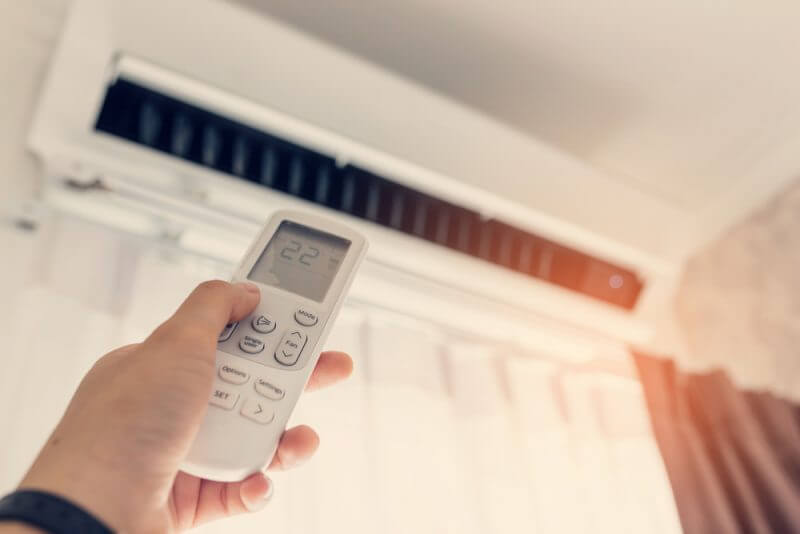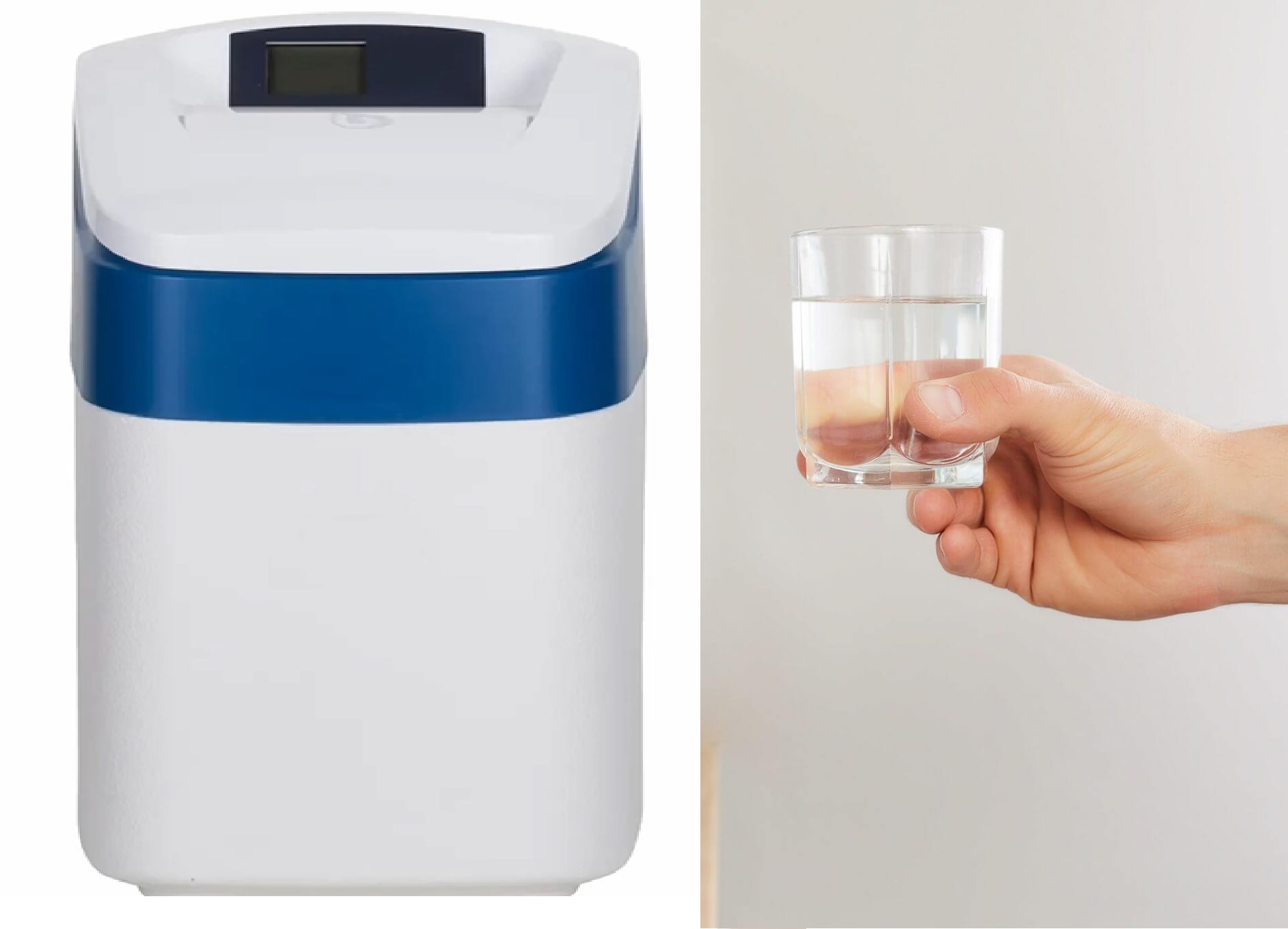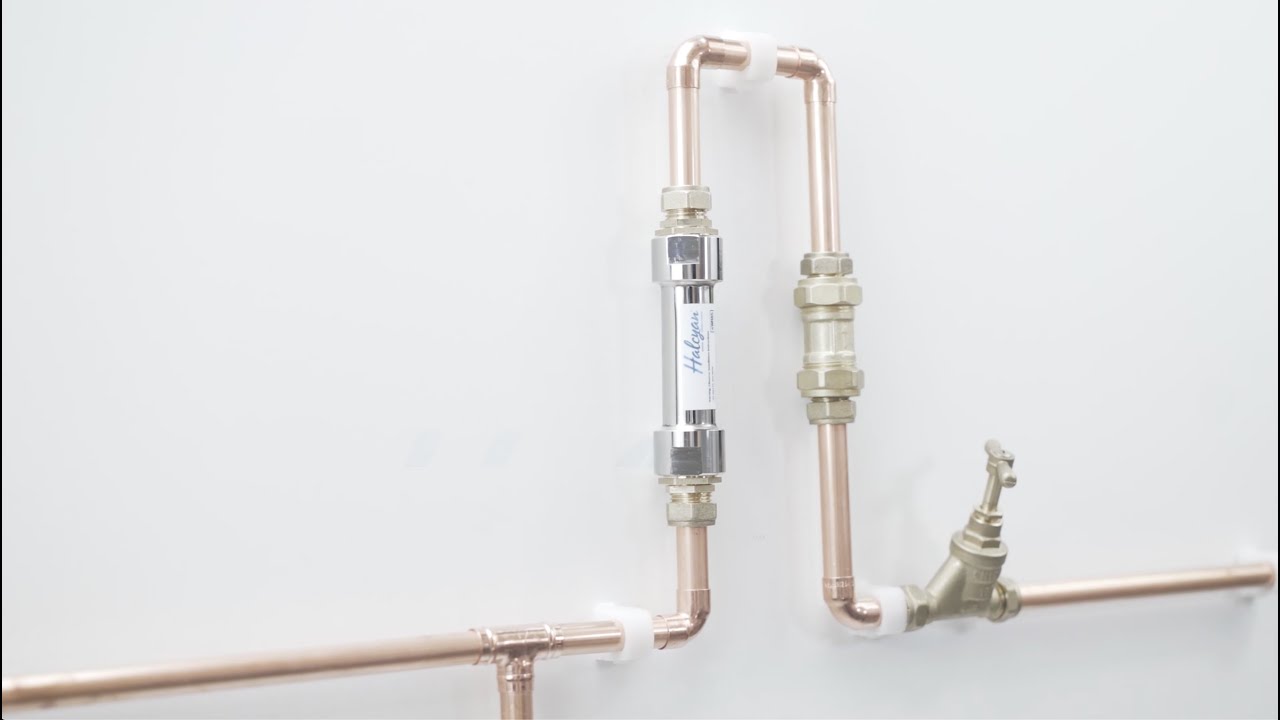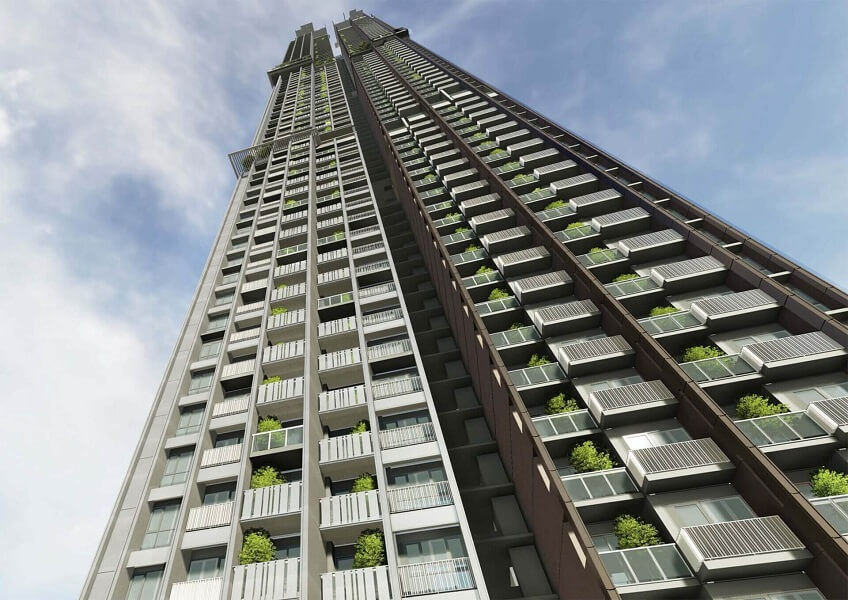For many commercial and residential settings, the traditional choice for heating has long been radiators powered by boilers. However, advances in air conditioning technology mean that in many situations, air conditioning units offer substantial advantages over radiators – especially in commercial venues such as hotels, restaurants, pubs, and public buildings. They heat faster, offer more flexibility, and often reduce energy costs. Below, we’ll explore why air conditioning can outperform radiator-based heating in certain scenarios, how to make the most of its benefits, and whether it’s the right choice for your space.
Key Advantages of Air Conditioning Over Radiators
1. Faster Warm-Up Times & Energy Efficiency
One of the biggest drawbacks of radiators is their slow response time. Traditional radiator systems depend on heating water via a boiler and then distributing that heat through a network of pipes and radiators – this takes time. Air conditioning units equipped with heating functions, in contrast, shift quickly between modes and can warm up spaces almost instantly when needed.
Heat loss through pipework can be significant, especially in large or older buildings with long runs of plumbing or poorly insulated walls. Air conditioning units avoid much of that loss because they heat directly via refrigerant or heat-pump systems, reducing inefficiencies. Moreover, modern air conditioning systems are designed to maximise efficiency, using invertor compressors, improved insulation, and intelligent controls, which can yield meaningful savings on energy bills for businesses.
2. Precise Control & Zoning
Radiator-based systems often operate as one large zone: when the boiler is on, the whole building or floor is heated – even areas that may not require it at certain times. That can lead to waste. With air conditioning units, especially those with multiple indoor units or zones, you can heat or cool individual rooms or sections independently. For example, during a quiet lunchtime period in a restaurant, only the dining area might need heating; at night, the bar or lounge could require different settings. Some systems even support Wi-Fi or smart control, enabling remote adjustments, scheduling, or automation – optimising energy use and comfort.
3. Space Savings & Aesthetic Flexibility
Radiators take up wall or floor space, often under windows or on feature walls, which can limit layout options and furniture placement. In commercial settings where design, flow, and ambiance matter, every square metre counts. Wall-mounted or ceiling cassette units free up that space, making interiors cleaner and more flexible. These units can be installed discreetly, with minimal visual impact – and in many cases, complement rather than detract from design aesthetics.
4. “Two-in-One” Systems: Heating and Cooling
Perhaps one of the most compelling reasons to opt for air conditioning is its dual functionality. Many units provide both heating and cooling. In summer, they can cool; in winter, they heat. This is especially helpful in environments that fluctuate – restaurants near kitchens get warm, public halls that are cold throughout winter spring to life when heat is needed. This adaptability removes the need for separate systems or the expense of maintaining both cooling and radiator-based heating, reducing equipment costs, maintenance complexity, and space used.
When Air Conditioning Might Not Be the Best Choice
To be fair, air conditioning isn’t perfect in every scenario. Radiators still have advantages in certain kinds of spaces and for specific uses:
- Very large, open, or poorly insulated spaces may require significant investment in multiple AC units to ensure even heating. Radiator systems (or underfloor heating with boiler support) may be more efficient in some cases.
- Initial installation costs of AC units (especially high-efficiency or heat pump types) can be higher than simply adding or maintaining radiators, especially in older premises with existing plumbing infrastructure.
- Running costs can escalate if the AC is used continuously in extreme cold without excellent insulation or if the unit is undersized.
- Maintenance: AC units need servicing (filters cleaned, refrigerant checked) to maintain efficiency – just like radiators require regular boiler checks and radiator bleeding, though these are often less visible tasks.
Practical Considerations & Tips
If you’re thinking of using air conditioning instead of radiators, or integrating both, here are key factors to consider and actions to ensure maximum benefit:
| Factor | Why It Matters | Recommended Action |
| Insulation & Building Envelope | Heat loss through walls, windows, or roof will negate the advantages of rapid heating. | Upgrade insulation, seal windows, improve glazing. |
| Sizing & Unit Placement | Undersized units struggle; poor placement can lead to air stratification. | Use professional load calculations; place units in zones with highest occupancy. |
| Control Systems | Without zoning or smart controls, you may still pay for heating unoccupied spaces. | Install thermostats, timers; use Wi-Fi or smart controls for scheduling. |
| Dual-function AC Units | Cooling + heating capability yields year-round use and cost spread. | Choose units with efficient heat pump technology and suitable heating ratings. |
| Maintenance | Dirty filters, failing parts lower efficiency. | Arrange regular servicing, keep filters clean, test controls annually. |
Examples Where AC Trumps Radiators
- Restaurants and Pubs: These often have multiple areas (bars, dining rooms, kitchens) with differing thermal loads, heat from cooking, wide open doors. AC allows targeted heating, cooling, and humidity control.
- Hotels: Guest rooms need flexibility; rooms near elevators, windows, or external walls often receive extra heat or cold. AC lets guests control temperatures individually and helps maintain comfort throughout.
- Older Buildings: Buildings with heritage or architectural constraints where installing radiators might disrupt aesthetics or require extensive plumbing. Wall-mounted or ceiling AC units offer an easier, less invasive solution.
Is It Right for You?
If you run a business – for instance, a hotel, restaurant, or commercial property – and you want faster heating, better control, space efficiency, and dual heating/cooling functionality, air conditioning is worth serious consideration. If your building is small, well insulated, and you prefer minimal infrastructure, radiators still might suffice.
At 4Facilities Ltd, we design, install, repair, and maintain modern air conditioning systems suitable for both heating and cooling. We’ll assess your space, recommend the best units, and ensure your system delivers both comfort and cost-effectiveness. Contact us for a free site survey to compare heating options and find the best fit for your premises.





